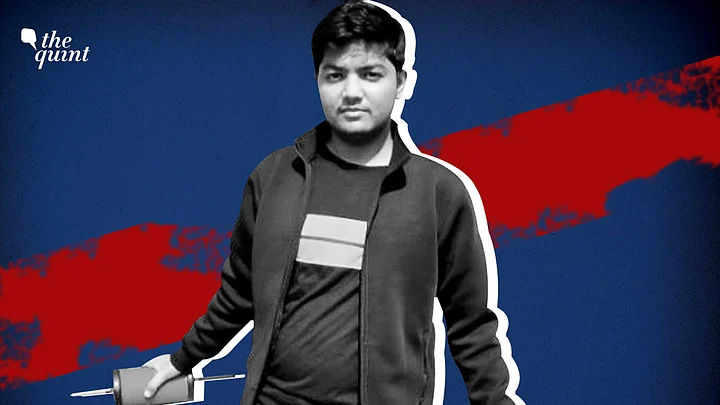Nearly a month after a Special Investigation Team (SIT) was formed by the Maharashtra government to probe the death of 18-year-old Darshan Solanki at the Indian Institute of Technology (IIT)-Bombay, a "suicide note" has been recovered from the student’s room.
Darshan, a first-year student pursuing B.Tech in Chemical Engineering from the elite institute, had died by suicide on 12 February. In the days after his death, Mumbai Police had said that no suicide note was found.
While his family and student bodies have linked Darshan’s death to caste discrimination on campus, IIT Bombay has consistently refuted these allegations and said that Darshan was “severely affected by his deteriorating academic performance.” Darshan belonged to the Dalit community.
Investigators from the SIT have now said that they have found a “suicide note” from Darshan’s room which says, “Arman has killed me,” NDTV has reported.
Sources told the news channel that Arman Iqbal Khatri, who is named in the "suicide note", is Darshan’s classmate.
'Caste Remarks One Of The Reasons Behind Suicide': SIT
Meanwhile, news agency ANI reported that the accused student was “harassing and threatening him.”
“After the investigation, the SIT has revealed that one of the reasons behind his suicide is caste remarks on him. The police will question the students whose names are there in the suicide note,” ANI quoted Mumbai Police as saying.
An officer told Mid-Day, "They have found some WhatsApp chats between the two. We suspect that something happened that day…The registration of an offence under Section 306 (abetment to suicide) of the Indian Penal Code (IPC) and relevant sections of the SC/ST Atrocities Act is underway."
'No Specific Evidence of Direct Caste-Based Discrimination': IIT Bombay Report
The findings of the SIT are in sharp contrast to the interim report of the internal committee formed by IIT Bombay a day after Darshan’s death to investigate the matter.
The interim report of the 12-member committee had noted that “there is no specific evidence of direct caste-based discrimination faced by Darshan.”
The report had said that the only person who mentioned caste-based discrimination faced by Darshan was his sister, and in that case too, there was no particular incident to mention, except “a few instances in which his queries related to computers and other subject matters were sometimes laughed at by some students.”
Darshan’s father Ramesh Solanki, in a letter to the Director of IIT Bombay, dated 24 March, had rejected the report calling “not only false but (also) inhuman.” He had demanded that the case be transferred to another state’s agency or a central agency.
(At The Quint, we question everything. Play an active role in shaping our journalism by becoming a member today.)
